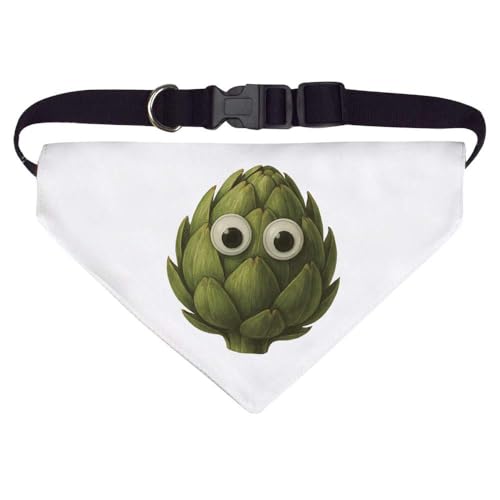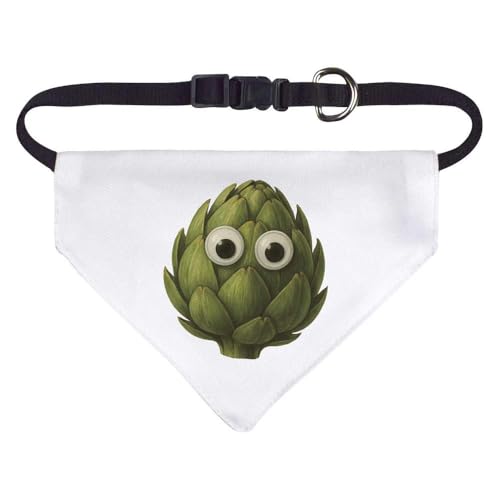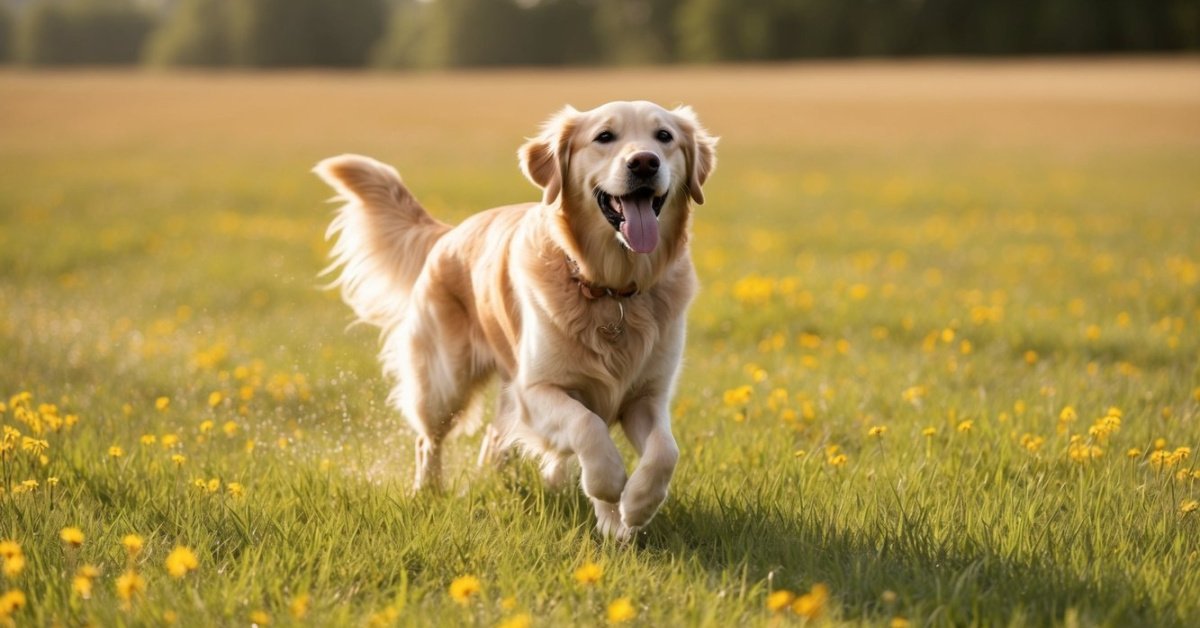It’s a question that many dog owners have – can dogs eat artichokes? The answer, as with most things related to food, is it depends. In moderation, artichokes are safe for dogs to eat, but there are a few things you should keep in mind before feeding them this vegetable.
It’s not always easy to know what’s safe for your pup and what’s not. You might be surprised that some of your favorite human foods are actually toxic to dogs.
Description of Artichokes
Artichokes are a type of flower that belongs to the thistle family. They are native to the Mediterranean region and have been cultivated since the times of ancient Rome. The artichoke plant grows to a height of about four feet and has large, spiky leaves. The edible part of the plant is the flower head, which is harvested before it blooms. When cooked, artichokes have a tender, slightly nutty flavor.
Artichokes can be eaten boiled, steamed, or grilled. They are often eaten as an appetizer, served with dipping sauces such as mayonnaise or hollandaise sauce. Artichokes are also a popular ingredient in salads and pasta dishes.
Artichoke is a healthy food that is low in calories and fat but high in fiber and antioxidants. It is a good source of vitamins A, C, and K, as well as minerals such as magnesium, potassium, and iron. Artichokes are also a good source of prebiotics, which can promote gut health.
There are many different ways to enjoy artichokes. They can be steamed, boiled, baked, or grilled. Artichokes can be enjoyed as a side dish or an appetizer. They can also be added to salads, soups, pasta, pizzas, or rice dishes.
When selecting artichokes at the grocery store, look for ones that are firm, heavy for their size, and have tight, green leaves. Avoid artichokes that are wilted or have browning leaves.
Can Dogs Eat Artichokes?
Yes, dogs can eat artichokes. Artichokes are not toxic to dogs and are actually a good source of fiber for them. However, there are a few things to keep in mind when feeding your dog artichokes.
The biggest concern with feeding dogs artichokes is the potential for choking. Artichokes have a tough exterior and a fibrous center that can be hard for dogs to chew and digest properly. For this reason, it’s important to only give your dog small pieces of artichoke or cook the artichoke before giving it to them.
Another thing to consider is that artichokes are high in sugar and calories. While they aren’t necessarily bad for dogs in moderation, too many artichokes can lead to weight gain. As with all foods, it’s best to feed artichokes to your dog in moderation and as part of a balanced diet.
Benefits of Artichokes for Dogs
Artichokes are a nutritional powerhouse that offers many health benefits for dogs. From supporting digestive health to reducing inflammation, artichokes are a great way to keep your pup healthy and happy. Here are ten benefits of feeding artichokes to your dog:
Artichokes Support Digestive Health
The high fiber content in artichokes helps to keep things moving along the digestive tract, preventing constipation and promoting regularity. The prebiotic properties of artichokes also help to maintain a healthy gut flora balance.
Artichokes Aid In Weight Loss
If your dog is carrying a few extra pounds, artichokes can help with weight loss. The fiber in artichokes helps to fill the stomach and promote feelings of fullness, helping to reduce overall food intake.
Artichokes Are Good For The Heart
The antioxidants in artichokes help to protect the heart and cardiovascular system from free radical damage. The fiber content also helps to lower cholesterol levels and keep the arteries clear.

Artichokes Promote Healthy Skin And Coat
The vitamins and minerals in artichokes are essential for maintaining healthy skin and a shiny coat. The anti-inflammatory properties of artichokes can also help to soothe dry, itchy skin.
Artichokes Support Joint Health
The anti-inflammatory properties of artichokes help to reduce inflammation and pain in the joints. The glucosamine and chondroitin present in artichokes also help to promote healthy joints.
Artichokes Boost The Immune System
The antioxidants in artichokes help to protect the body from disease and infection by boosting the immune system. The prebiotic properties of artichokes also help to maintain a healthy gut flora balance, which is essential for a strong immune system.
Artichokes Are Anti-Inflammatory
The antioxidants and phytonutrients in artichokes help to reduce inflammation throughout the body. This can be helpful for conditions such as arthritis, allergies, and even cancer.
Artichokes Are Cancer-Fighting Foods
The antioxidants and phytonutrients in artichokes help to fight against free radicals that can damage cells and lead to cancer. The fiber in artichokes also helps to remove toxins from the body, further reducing the risk of cancer.
Artichokes Are Good For The Liver
The nutrients in artichokes help to protect the liver from damage and disease. The antioxidants help to fight against free radicals, while the fiber helps to remove toxins from the body.
Artichokes Are Brain-Boosting Foods
The antioxidants in artichokes help to protect the brain from free radical damage. The folate content also helps to improve cognitive function and reduce the risk of age-related mental decline.
As you can see, artichokes are packed with nutrients that offer a multitude of health benefits for dogs. If you’re looking for a way to boost your pup’s health, consider adding artichokes to their diet. Just be sure to feed them in moderation and cook the artichokes before giving them to your dog.
Our Final Words
So, can dogs eat artichokes? The answer is yes – but only in moderation. Artichokes are a nutritional powerhouse that offers many health benefits for dogs, including improved digestion, weight loss, heart health, skin and coat health, joint health, immune system support, anti-inflammatory effects, and cancer prevention. Just be sure to cook the artichokes before feeding them to your dog and to feed them in moderation to avoid any potential digestive issues.
All in all, artichokes are a great way to boost your pup’s health!
















